When it comes to indie games, the Metroidvania genre is one of the most common on the market. Typically in 2D form, it’s the type of game that requires technical skill in design and creation like few others. The premise is about exploration and expansion. You progress through the game at a natural pace, but as you go, newly unlocked abilities allow previously inaccessible areas to be explored, and the game rewards you suitably for your endeavor.
It’s a genre that indies typically do very well, with a number of fantastic examples that capture the spirit of the genre’s namesake. Guacamelee, Outland, and the first Ori game, The Blind Forest are all stellar examples of platforming action that encourages the player to discover and uncover the world they’re in.
Ori and the Blind Forest experimented with the formula and sacrificed elements of the Metroidvania structure to provide a more direct approach to storytelling. It offered a more linear path to its main storyline progression. There were elements that required you to retread steps in order to seek out some upgrades, but the overarching objectives were typically set out one at a time.
That’s not to say this was a bad thing. It kept you close enough to the journey of Ori with friends Naru and Gumo that the sections of story progression maintained emotional ties throughout very well. Because of this, it was a gripping tale of family, love, and redemption, one that was difficult not to well up from.
Its sequel, Ori and the Will of the Wisps, released five years to the day after its predecessor, has transformed the series into a complete Metroidvania experience while maintaining its captivating storytelling.
This time around, the narrative sees Ori and the newest member of the family, Ku—who you might remember from the first game as the surviving owl egg that has hatched—attempt to travel to the suffering island of Niwen, despite a broken wing, but become lost after a storm forces them down. It’s up to Ori to bring together the wisps to stop the Niwen’s decay and reunite with Ku.
The freedom of choice
Much like the setting of its predecessor, the world of Niwen is as complex as it is spellbinding. But it’s structured to provide greater consideration to the element of choice. Like more traditional Metroidvania games, after the first act, you can tackle tasks in any order you wish. Abilities see usefulness everywhere, but each area specializes in using a specific one to progress. Many of the key skills are gained early so any can be accessed after the choices arise.
The focus is not just central progression. NPCs are far more common, with many offering side quests for secrets and upgrades, such as Tokk, the adventuring bluebird. Some are not accessible without certain abilities, which helps to manage your progression and scale upgrades better.
The skill tree is gone, replaced with a currency system (spirit orbs) that allows greater flexibility into which skills and abilities you want to improve. The spirit shards, a perk system that improves Ori’s skills ranging from utility to combat, also allow for additional customization. Only a few can be active at a time, though, so you will always need to use appropriate shards to suit the scenario.
The domino effect here has caused great improvement to the combat, one of the weaker areas of the first game. Skills and spirit shards combine much better here to allow more tools to take on a greater variety of enemies, and an increased emphasis on combat, with tougher, more frequent boss fights, emphasizes how far the combat has come.
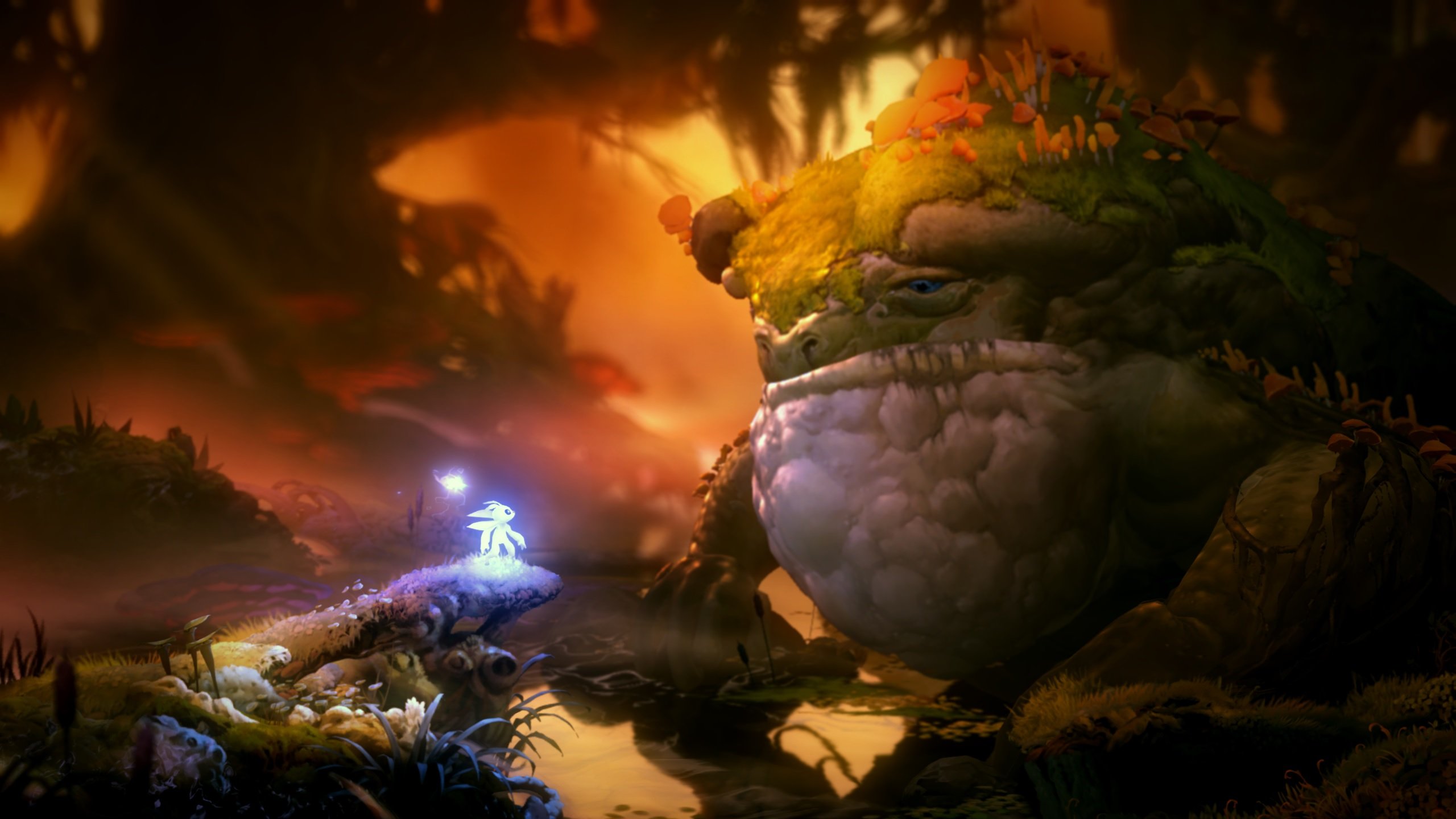
Jumping for joy
The platforming has also seen a marked improvement that makes the levels a joy to traverse. Introducing the dash from The Blind Forest’s Definitive Edition early brings a greater scale to platforming more swiftly, while the added verticality to level and puzzle design makes for smarter puzzles.
Trials for platforming and combat have also been added, with players speeding across the map to the goal in time to earn spirit light, while victory in the combat trials upgrades spirit shards capacity. The variety of things to do and locations in Will of the Wisps has been cranked up and executed so impressively that nothing feels like a chore to complete.
The locations all look gorgeous too. The Blind Forest was no slouch visually, and while the art style limits the level of improvement, the animations and detail still see updates, with a hue of vivid colors and spritely wildlife decorating the screen, while dazzling special effects light up combat sequences. It’s difficult to picture a game that looks more pleasant than Ori, even when looking largely the same as its predecessor.
The soundtrack also continues to amaze, with an orchestral set that sets a melodic ambiance suitable for any situation, with rushed, heart-pounding thrashes in chases, and soulful, delicate numbers when the action is slowed and the story requires calm or sorrow.
Family comes first
And the game is sorrowful. The storytelling is captivating, even without the presence of Naru and Gumo, as Ori’s journey takes you on a rollercoaster of emotion similar to the presentation of the original world. Without spoilers, the presence of other characters only emphasizes the theme of togetherness throughout the series, as the other creatures share your grief as well as your happiness. If you loved the first game’s tale, this will not disappoint.
The only real negatives are the sense of familiarity about some aspects, the story included, while it also doesn’t bring any radical new ideas. There are also some bugs at launch that have caused issues such as crashes, frame drops, and sound buzzing.
But none of these really deter Ori and the Will of the Wisps. It’s a spellbinding adventure that captures the Metroidvania experience perfectly while offering a grand tale of love, family, and loss. It creates an emotional attachment through its level of intimacy far better than many bigger budget titles, and that makes it much easier to invest in. Improved in almost every department, and all available at a half the price of a full release, Ori and the Will of the Wisps is the flag bearer for the genre, and easily one of the best games of 2020 so far.
Discover Ori and the Will of the Wisps today.
This article includes affiliate links, which may provide small compensation to Gamepur.

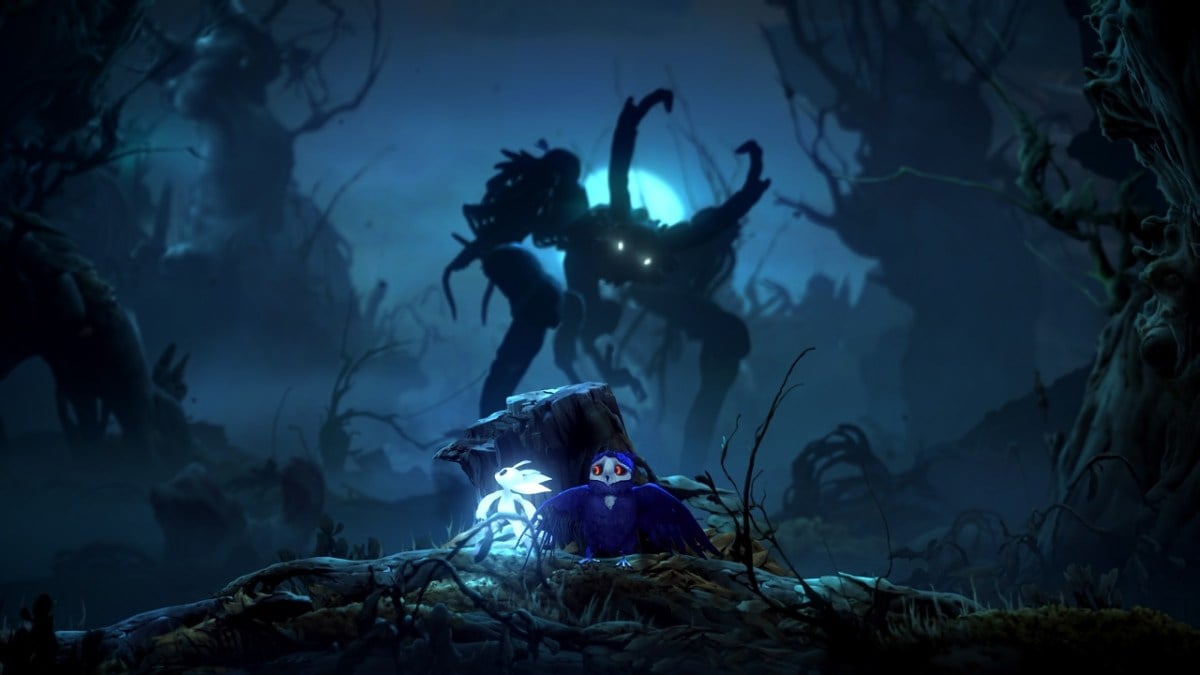

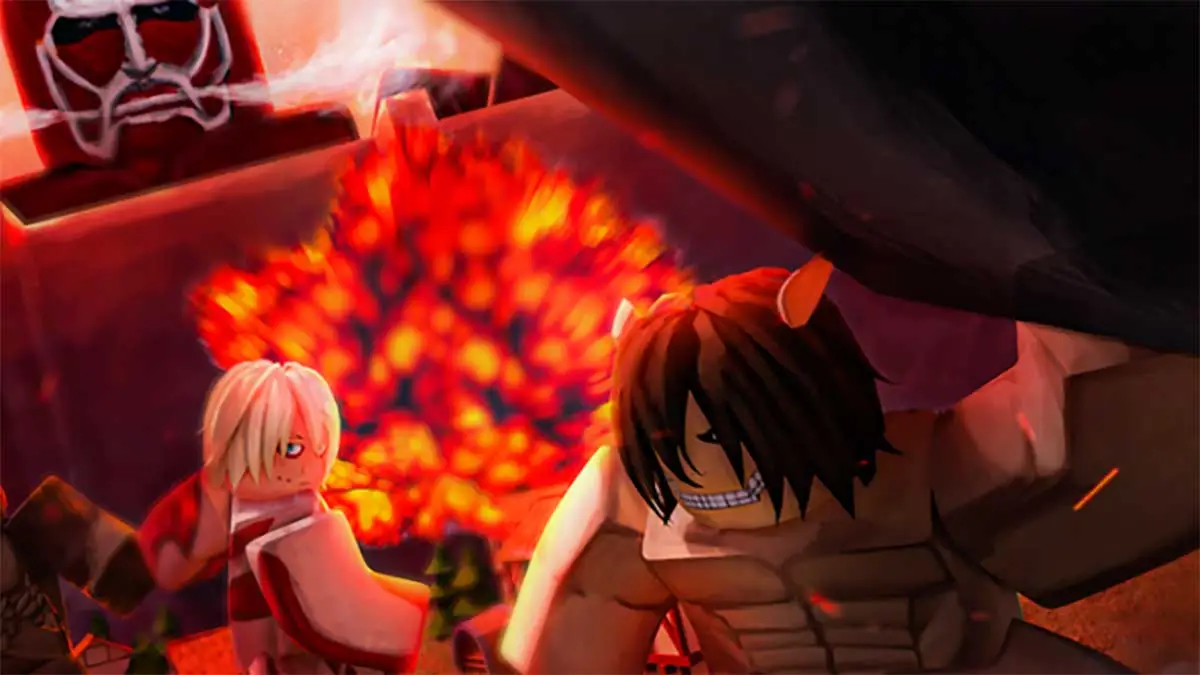
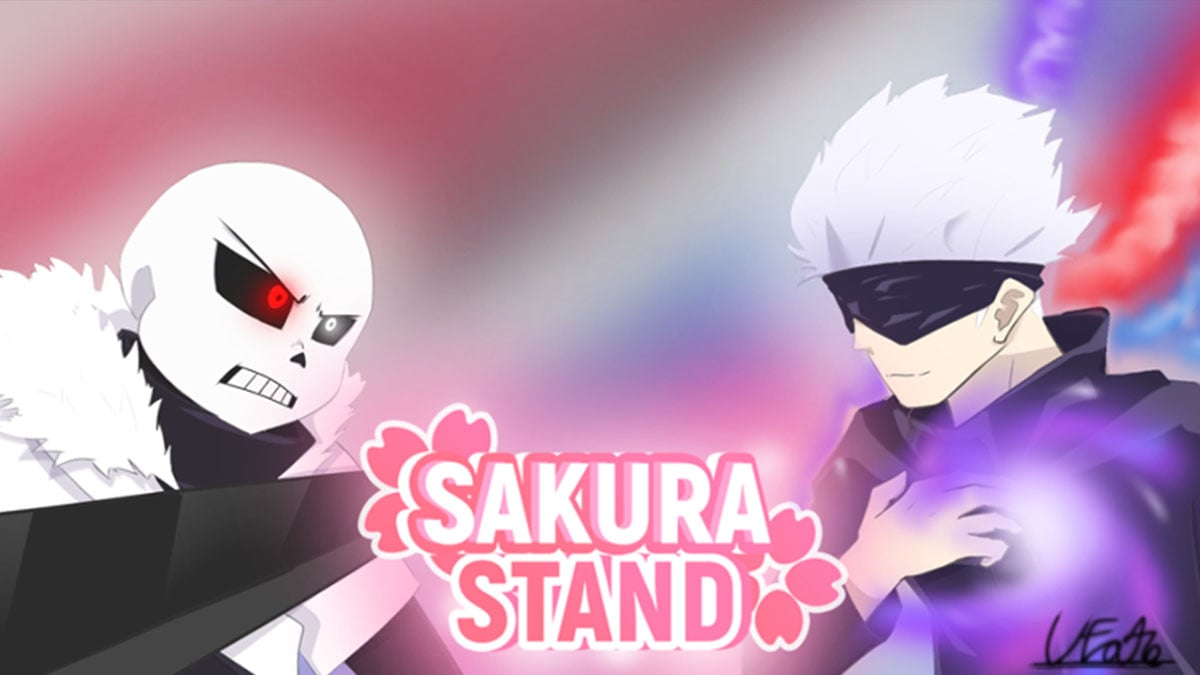
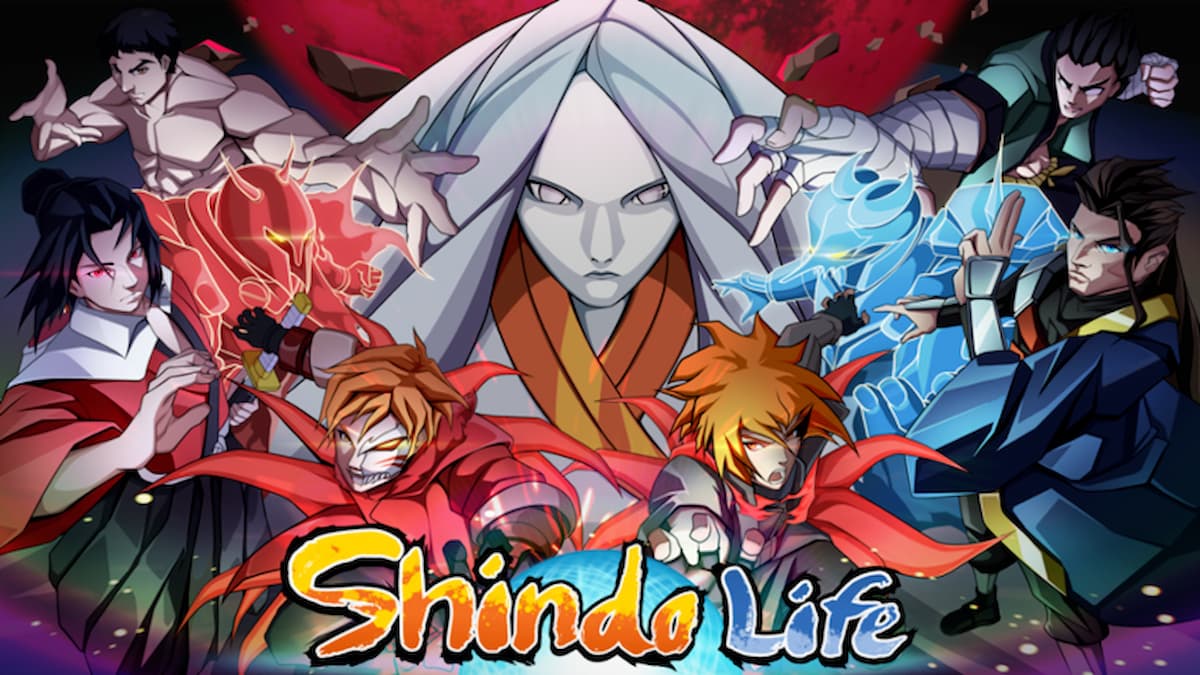
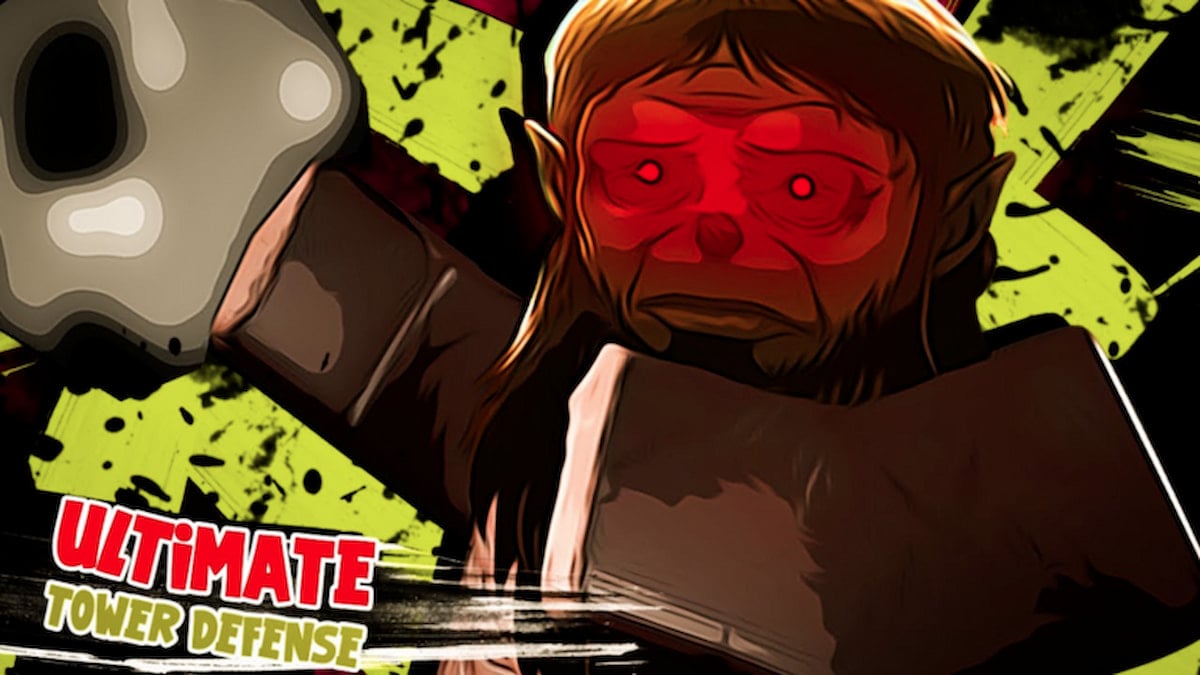
Published: Mar 16, 2020 04:19 pm